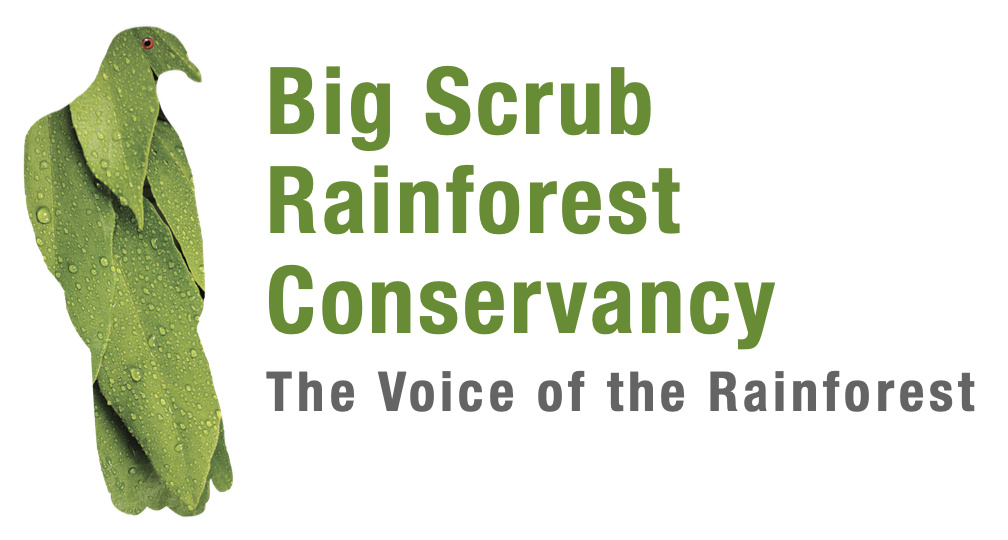A personal contribution from Big Scrub Landcare member, Ken Dorey.
While there are many who find fault with Byron Bay, there are few who don’t appreciate the historic charm and community spirit of Bangalow; good food, good vibes, good people.
Amazingly, our Bangalow has appeared, and is evolving, all within our lifetimes – a virtual blink of the Earth’s eye. Think then how profound it is that in that blink one of the Earth’s biggest, most ancient forests could disappear? Could such a profound moment go unknown and unnoticed?
The answer seems to be yes and no. Many did recognise that something momentous was happening, but rather seen through the perspective of a building future rather than a lost past. Consider this insightful yet disturbing article entitled Bangalow Forty Years Ago (Northern Star, 1925).
“Just about forty years ago one of’ the pioneers of the town looked out over the scrub clad valley which is now Bangalow from just about this same position. He stood on the stump of a recently felled cedar, and it was through the break caused in the scrub by the crashing of the giant tree that he was looking through.
The densest scrub covered the valley, and once one got away from the tracks made by the cedar-getters, it was almost impossible of passage without the aid of a slash hook, or at least a sheath knife. Clinging lawyer vines festooned the tracks, and with the supple jack rendered the scrub impassable. In the deep gullies the umbrella-like tops of the slender bangalow palms reached skyward to the sun, and the giant fig towered above his lesser brothers. The bronzewing and the wonga fed in thousands on the scrub berries, and there were parrots and parakeets of many hues and sizes. Through the dark alleys in the scrub the wallaby and the paddymelon thumped and scuttled, and the dingo lurked in the wooded glens.
The sound of the cedar-getter’s axe was silent, as the last cedar had been taken out, and his hurriedly made camp was deserted. A wooded wilderness confronted the pioneer, which to the practised eye gave great promise of abundant soil, fertility. But before the soil would yield its riches there were years of labour, to be reckoned on – years when the pioneer would of necessity deny himself and deny his womenkind the ordinary conveniences and pleasures which make life worth living. But the men in those days had big hearts and strong frames, and the hearts of women were solid gold.
Nature’s promissory note was accepted, and discounted at the bank of Faith, and the thriving town of Bangalow is the result.”
It seems that Nature’s gift was, in fact, something that it owed us (It’s hard not to put an exclamation mark at the end of that sentence). So, yes, our settlers believed that they were rightly accepting a divine gift and, no, they couldn’t conceive that they were committing a crime against Nature. If we were to condemn our settlers then would we be as guilty as them of making a judging based on a set of values peculiar to a moment in time? What will the people of Bangalow say about us in 100 years?
Today, as our eyelids rise, we can see what we have done. Big Scrub Landcare work is merging the past and present into a more perfect future; a future where we can pay Nature’s promissory not a dividend – a world where we might make amends for a stolen gift.


